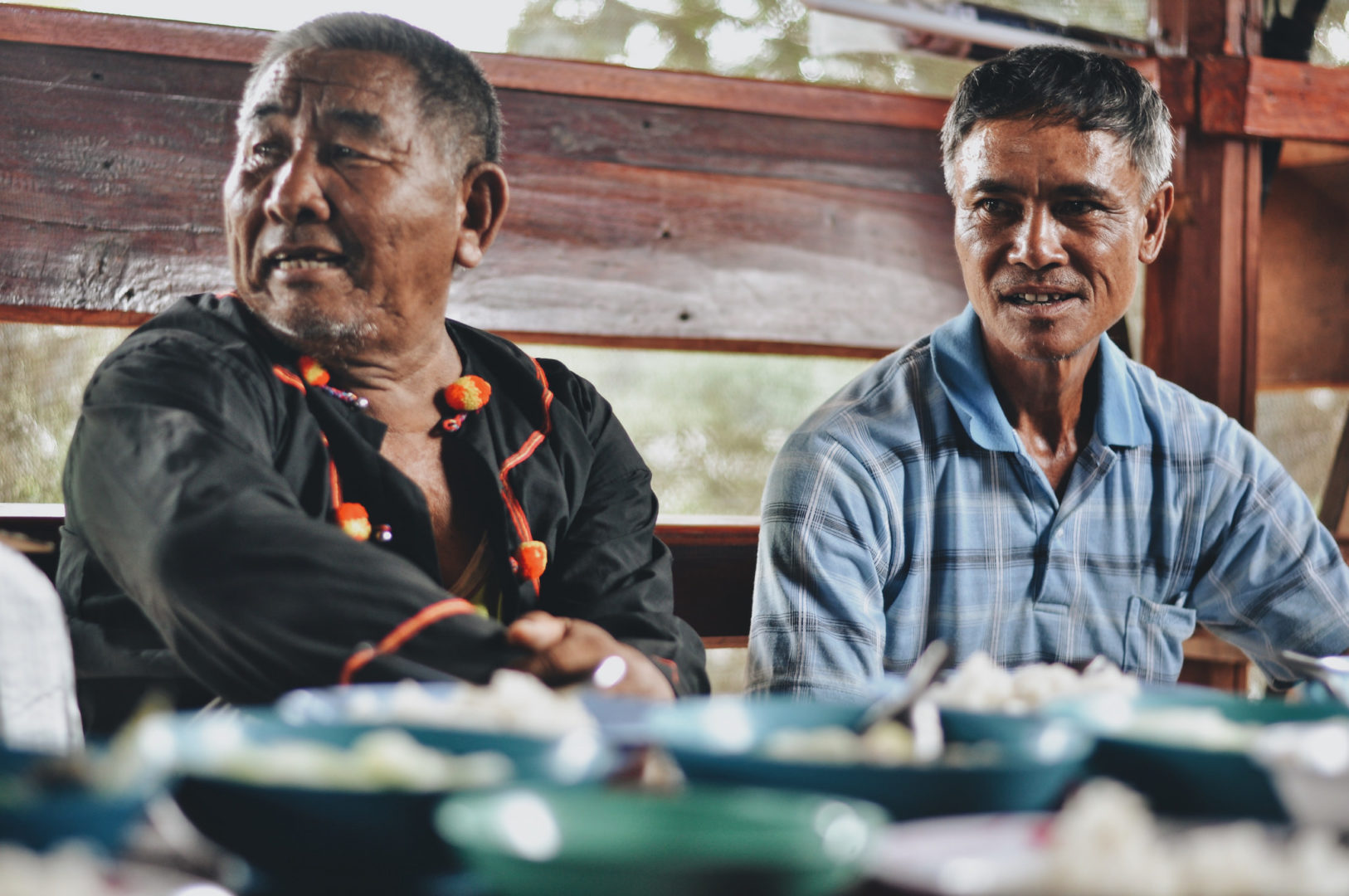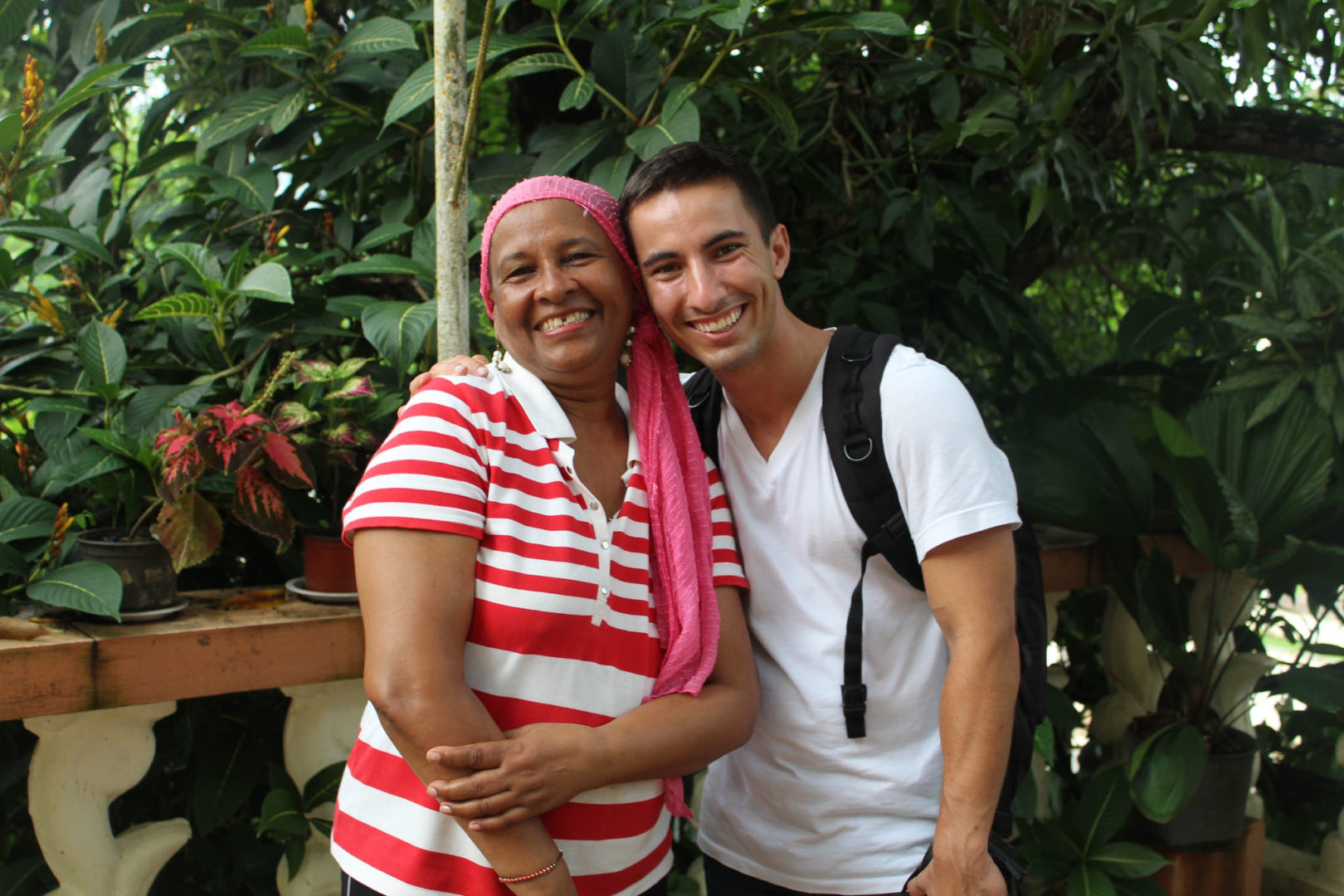One extremely high value at Plant With Purpose is the empowerment of locals. We are simply partners. Doing so requires a spirit of collaboration that goes against many norms in the world of international charity. Here are a few of the shifts we seek to further local empowerment.
We see locals as drivers of their own empowerment
How does this differ from the norm? Well, very frequently, organizations see local people only as beneficiaries or recipients of help. Their role in the process is often kept passive.
We believe deeply that the people living in the communities we serve aren’t just the recipients of our help, they are the drivers of change. Our international partners are our colleagues, whether they’re in rural villages in the Congo, the hills of Thailand, or the borderlands between Haiti and the Dominican Republic. We truly believe in partnerships over projects.
We think there’s more to the story than people’s needs
It’s really easy to be focused on needs. So often, they’re quite obvious. When you look at something like hunger or climate change, they often seem like the reasons you would want to take action in the first place.
But communities don’t just have needs. They also have incredible potential. They have skills and abilities and capabilities that are unique.
By identifying what locals would want to prioritize, we can develop programs that are more appropriate to the cultural contexts that apply.

Jah Cho & Bok Chee share a meal as neighbors and friends.
We believe in making decisions collaboratively
So often in the world of international development, decisions are made at a central point and then sent outwards. Sometimes, little discussion happens beforehand.
We believe that when working in partnership, decisions should be made collaboratively. That’s why we take the time to spend time together as international partners. We make efforts to gather representatives from every country program to discuss priorities and strategic plans. Our most recent episode of this took place in May.
We believe in seeking a common goal across different contexts
When working collaboratively, you can no longer afford to be rigid with the way you do things. Being overly prescriptive about a predetermined program can often cause complications when switching from one cultural context to another.
Instead, we’ve worked hard to develop a Theory of Change in collaboration with our partners. This means we’ve identified together the desired outcomes that we all seek in each of the communities where we work, and we’ve developed a joint strategy for getting there. We realize that there may be variation in how each location is able to pursue these goals, but with a shared vision, we can benefit from the diversity of perspectives.

Taylor & Estela in the Dominican Republic
We believe that relationships are key to success
One common mistake made by many problem solvers is to only see projects, not people. Even those who intellectually understand the problems with this often find it difficult not to get caught up in the daily mechanics of their work rather than the human experience.
That’s why we think it isn’t enough to simply meet all your program goals. If you accomplish a high level of reforestation, that’s good and important and necessary. But we also believe that in the long run, the state of relationships in the community also matter. Same with the relationships between partners. Restorative work is ultimately all about restoring relationships.
We believe those who live locally will should actually be the ones to determine whether our efforts were successful or not
Monitoring and evaluation are a big deal in the international development world, and rightfully so. You want to know if your efforts are actually having their intended outcome. You need to know why or why not.
As an organization, one way we make sure this happens is by centralizing local participants in this process. Our triannual impact evaluations include farmer recall surveys. In these activities, farmers have the ability to directly share their experiences and their daily observations.
We believe that a big reason why we’ve seen successful results in so many locations is because of the priority we’ve placed on local collaboration. You can be a part of this transformation! Sign up to become a Purpose Partner here!

















